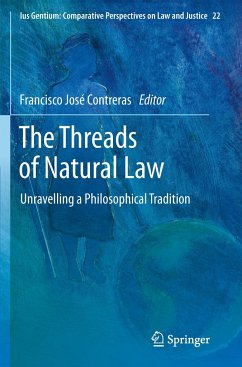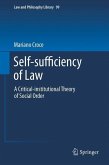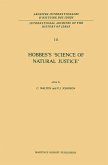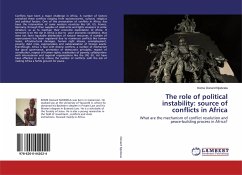The notion of "natural law" has repeatedly furnished human beings with a shared grammar in times of moral and cultural crisis. Stoic natural law, for example, emerged precisely when the Ancient World lost the Greek polis, which had been the point of reference for Plato's and Aristotle's political philosophy. In key moments such as this, natural law has enabled moral and legal dialogue between peoples and traditions holding apparently clashing world-views. This volume revisits some of these key moments in intellectual and social history, partly with an eye to extracting valuable lessons for ideological conflicts in the present and perhaps near future. The contributions to this volume discuss both historical and contemporary schools of natural law. Topics on historical schools of natural law include: how Aristotelian theory of rules paved the way for the birth of the idea of "natural law"; the idea's first mature account in Cicero's work; the tension between two rival meanings of "man's rational nature" in Aquinas' natural law theory; and the scope of Kant's allusions to "natural law". Topics on contemporary natural law schools include: John Finnis's and Germain Grisez's "new natural law theory"; natural law theories in a "broader" sense, such as Adolf Reinach's legal phenomenology; Ortega y Gasset's and Scheler's "ethical perspectivism"; the natural law response to Kelsen's conflation of democracy and moral relativism; natural law's role in 20th century international law doctrine; Ronald Dworkin's understanding of law as "a branch of political morality"; and Alasdair Macintyre's "virtue"-based approach to natural law.
Bitte wählen Sie Ihr Anliegen aus.
Rechnungen
Retourenschein anfordern
Bestellstatus
Storno









